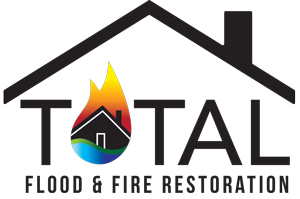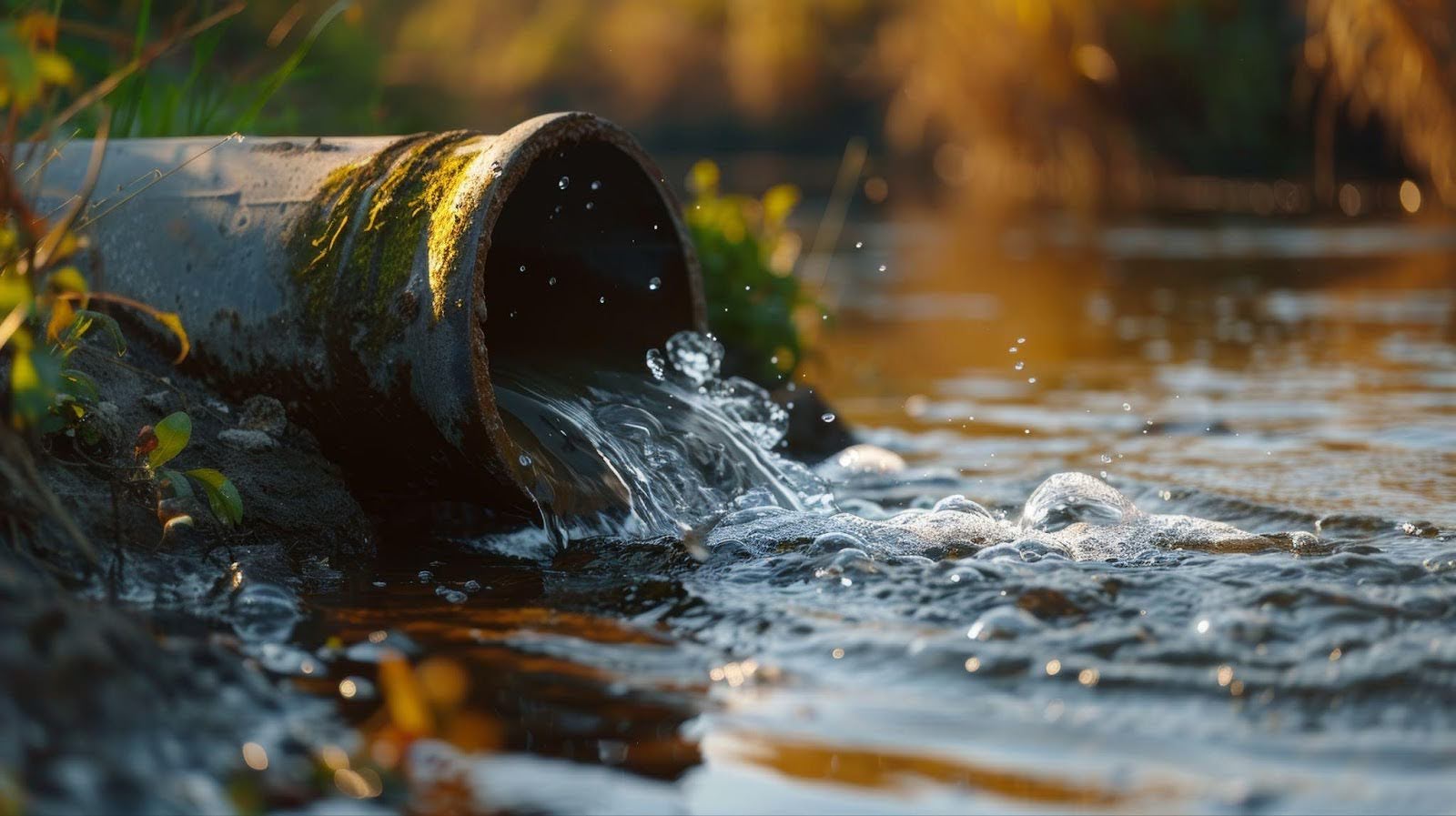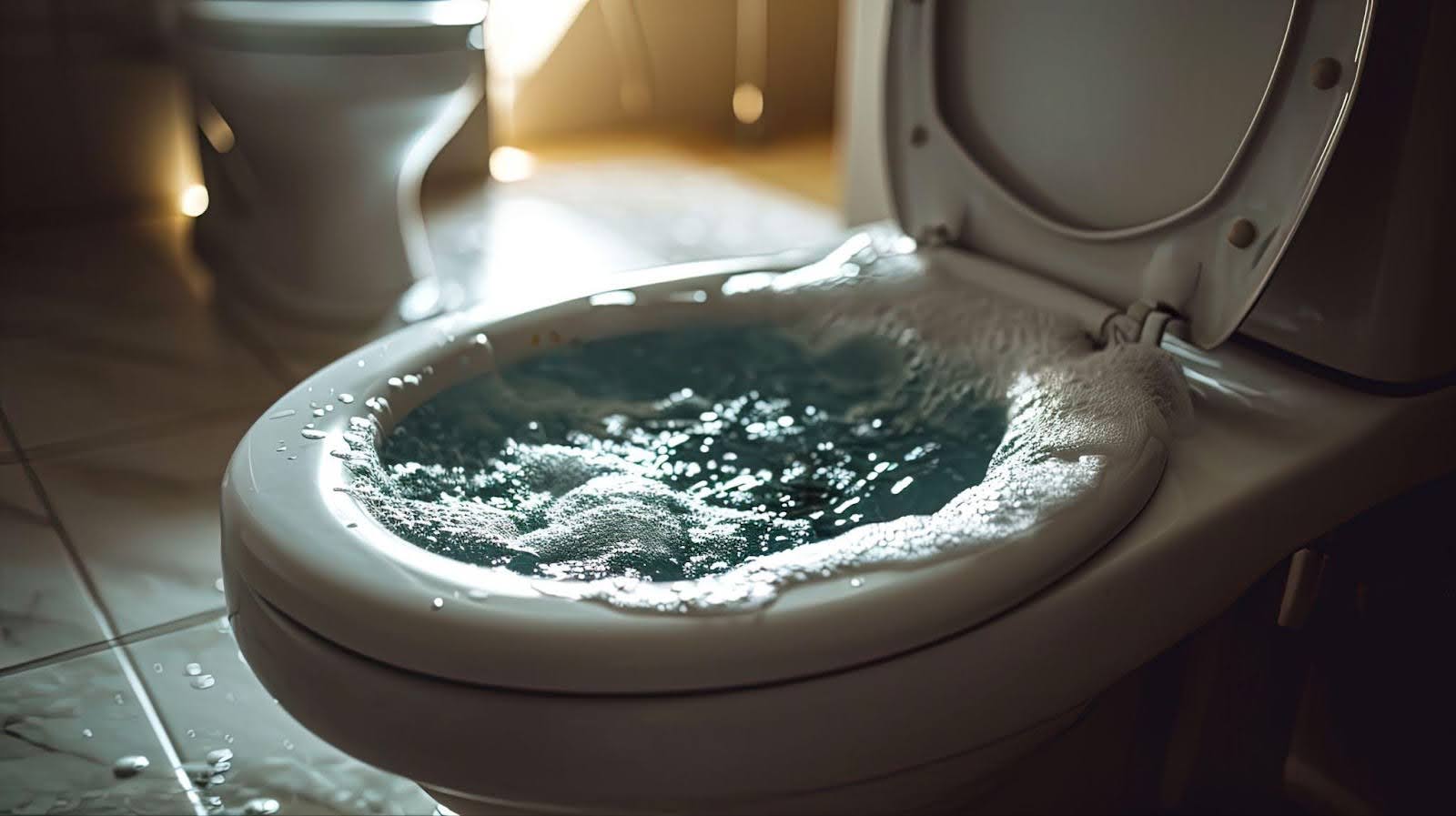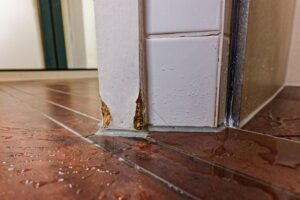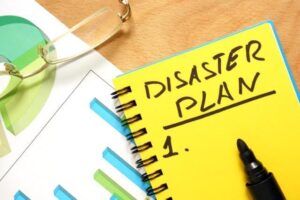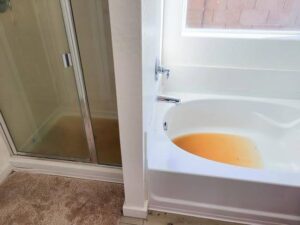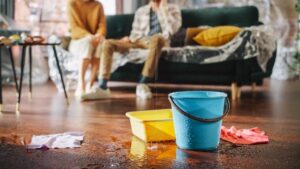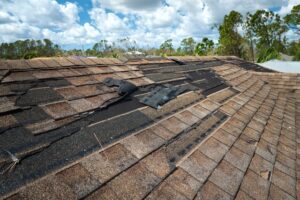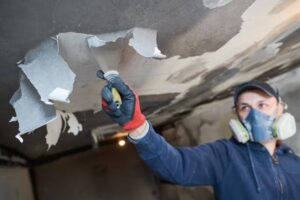Imagine waking up one day to find your home flooded with sewage damage. It’s a scary thought, isn’t it? Sewage has the power to turn your living space into a hazardous zone, threatening your health and property.
Sewage contains harmful pathogens, making it a serious biohazard. Understanding what makes it a biohazard will help you take the right steps for sewage damage cleanup and restoration to keep your family safe.
This article will explore why sewage is considered a biohazard, how to handle sewage damage, and whether insurance will cover these disasters. We’ll also discuss the importance of acting quickly to protect your home and loved ones.
Table of Contents
ToggleWhat makes sewage a biohazard?
Sewage often contains dangerous stuff that can make people sick. This yucky water, which can come from toilets, sinks, or sometimes large rain storms, is known as sewage or sewage water.
Because it might have human waste (like poop), it’s called a biohazard. That means it may carry germs, viruses, and other tiny things that cause diseases.
Here’s why sewage is so bad for you:
- Sewage has harmful organisms, like E. coli and Hepatitis A.
- Some chemicals that people use in their homes can also enter sewage.
- Tiny bugs that live on or in other living things are in sewage, too; these parasites can cause infections.
- Leftover medicines flushed down toilets might be found in sewage.
And sewage isn’t the only risk factor. Other stuff counts as biohazards, too:
- Blood and blood products: Anything that’s got blood on it can be risky, like used bandages or needles.
- Human body fluids: Saliva, mucus, and any fluids that leave our bodies can spread illness.
- Animal waste: Poo, pee, or other waste from animals, especially if they are sick, can be dangerous.
- Medical waste: Needles, gloves, and other trash from doctor’s offices or hospitals must be discarded very carefully.
- Pathological waste: Organs or tissues, from operations or autopsies are also biohazards.
- Microbiological waste includes lab cultures or viruses that scientists might use in a lab.
These things can all harm people’s health if they’re not handled properly, so it’s super important to be careful with them.
How should I handle sewage damage?
If you’re facing sewage damage, acting quickly and safely is important. It’s easy to panic when you know something is dangerous, so we thought we’d include this section on how to handle sewage damage. Here’s what to do:
- Evacuate the area to avoid health risks.
- Contact a professional restoration company immediately.
- Don’t touch any sewage water to prevent cross-contamination.
- Keep children and pets away from the affected area.
- Don’t use hot water or try to clean the area yourself.
- Wait for the experts to begin the sewage damage cleanup process.
- Follow the instructions of the restoration professionals to ensure your safety.
Always let trained sewage cleanup experts handle the job with the proper protective equipment and state-of-the-art equipment. They’ll ensure the restoration is thorough, reducing the risk of issues like mold and further contamination. Trust them for safe and effective sewage damage restoration.
Does insurance cover sewage damage?
When it comes to the mess and stress of sewage damage, one of the first questions that often comes to mind is, “Will insurance cover this?”
The truth is, it depends on your policy. Most standard homeowners’ insurance policies do not include sewage backup coverage. However, you can usually add this coverage for an additional cost. You’ll need flood insurance if the sewage damage is from flooding.
Check with your insurance agent to understand the specifics of your coverage. It’s always best to prepare before an incident occurs. Remember, each policy is different, and you’ll want to ensure you have the right coverage for your home.
Why is it important to act quickly in biohazard situations?
When a biohazard situation arises, fast action is key. If untreated, it can harm human and public health. Here’s why a quick response is so important:
Health risks
The longer sewage is left, the higher the chance of health issues from the harmful bacteria and viruses it contains.
Property damage
Materials such as carpets and walls absorb contaminants, leading to greater damage and more costly restoration.
Odors
Odors from sewage get stronger and harder to remove over time.
Mold growth
Moist conditions from sewage encourage signs of mold, which pose additional health risks and complicate cleanup.
Cross-contamination
The longer sewage water sits, the bigger the risk of cross-contamination to other areas.
Acting quickly minimizes damage and health risks, so it’s essential to call restoration professionals immediately. These professionals use state-of-the-art equipment and follow strict treatment methods to ensure the cleanup process is thorough and effective, keeping everyone safe.
Sewage damage restoration with Total Flood & Fire Restoration
When dealing with sewage damage, you need more than a quick fix — you need a team you can trust to handle the situation with precision and care.
Sewage is a serious biohazard that poses significant health risks to you and your family if not cleaned up properly. That’s why it’s crucial to turn to professionals who understand the dangers and have the tools and expertise to restore your property safely.
Total Flood & Fire Restoration specializes in thorough sewage damage restoration. Our team handles even the most hazardous materials, ensuring your home or business is appropriately decontaminated and safe to occupy.
From removing contaminated materials to deep cleaning and disinfecting, we leave no corner untreated. Don’t risk your health or the safety of your property — contact Total Flood & Fire Restoration at 385.483.2109 today for fast, reliable, and professional service you can count on. We’re here to help you reclaim your space safely and efficiently.
